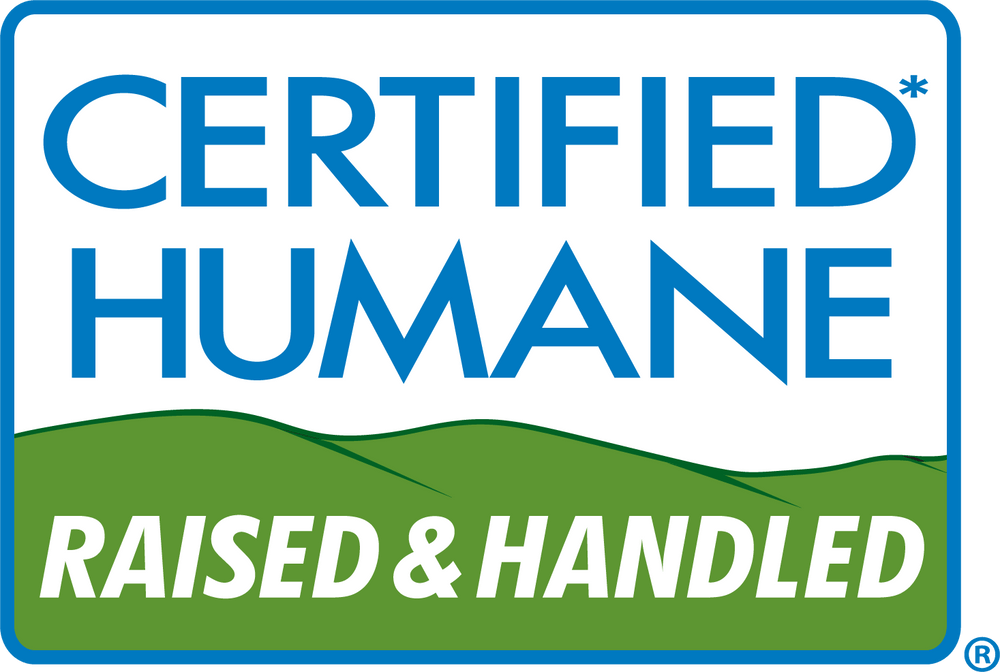Why is it important to use Cruelty Free Wool

All wool contained in Wongari Lambswool Blister Guard is Certified Humane Raised & Handled Wool: Registration Number: COONONG00493.
Why is it important to use Cruelty Free Wool and what does humane certified raised and handled mean?
The main difference between humane certified wool and ordinary wool lies in the standards and practices employed in the production process.
Here's a breakdown of the distinctions:
- Animal Welfare Standards: Humane certified wool comes from farms or facilities that adhere to specific animal welfare standards set by certification organizations. These standards ensure that sheep are treated humanely throughout their lives, with considerations for their housing, feeding, health care, and handling. Ordinary wool may come from sources where animal welfare practices are not as rigorously monitored or enforced.
- Ethical Considerations: Humane certified wool provides assurance to consumers that the wool they purchase comes from sources that prioritize animal welfare. This is important for individuals who are concerned about the ethical treatment of animals and want to support practices that align with their values. Ordinary wool may not offer the same level of assurance regarding animal welfare practices.
- Sustainability Practices: Humane certified wool often goes hand-in-hand with sustainable agricultural practices. Farms that prioritize animal welfare are more likely to implement environmentally friendly practices, such as rotational grazing, soil conservation, and minimizing the use of harmful chemicals. Ordinary wool may come from sources where sustainability practices are not as emphasized.
- Quality Assurance: While both humane certified wool and ordinary wool can vary in quality depending on factors like breed, processing, and handling, humane certified wool may offer additional quality assurance. This can include standards related to the cleanliness, purity, and handling of the wool throughout the production process.
- Awareness and Market Access: Humane certified wool will appeal to consumers who specifically seek out products that align with their values regarding animal welfare and sustainability. Additionally, some retailers may prioritize stocking humane certified products, providing market access and opportunities for producers who adhere to these standards.
Overall, the key difference between humane certified wool and ordinary wool lies in the adherence to specific animal welfare standards and the associated ethical and sustainability considerations. Humane certified wool provides consumers with assurance that the wool they purchase comes from sources that prioritize the well-being of the animals involved.
About the Certified Humane Program
Read more here: https://certifiedhumane.org/overview/
The Certified Humane Program created a gold standard for animal welfare.” – USA Today
Humane Farm Animal Care DBA Certified Humane® is a registered 501(c) 3 nonprofit certification organization, operating internationally and dedicated to improving the lives of farm animals in food production from birth through slaughter. The goal of the program is to improve the lives of farm animals by driving consumer demand for kinder and more responsible farm animal practices. When you see the Certified Humane Raised and Handled® logo you can be assured that the food products have come from facilities that meet precise, objective standards for farm animal treatment. You can find Certified Humane® products in the U.S., Argentina, Australia, the Bahamas, Brazil, Canada, Chile, Colombia, Costa Rica, India, Jordan, Malaysia, Mexico, New Zealand, Peru, Singapore, and Uruguay.
The Certified Humane Raised and Handled® logo assures consumers that:
- The producer meets Animal Care Standards and applies them to farm animals, from birth through slaughter.
- Animals are never kept in cages, crates, or tie stalls. Animals must be free to do what comes naturally. For example, chickens must be able to flap their wings and dust bathe, and pigs must have space to move around and root.
- Animals must be fed a diet of quality feed, without antibiotics or growth hormones.
- Compliance with the North American Meat Institute Standards (NAMI), a slaughter standard written by Dr. Temple Grandin, a member of HFAC’s Scientific Committee.
HFAC’s Fact Sheets for consumers provide information about specific humane issues as they relate to farm animals covered by the Certified Humane® program.

